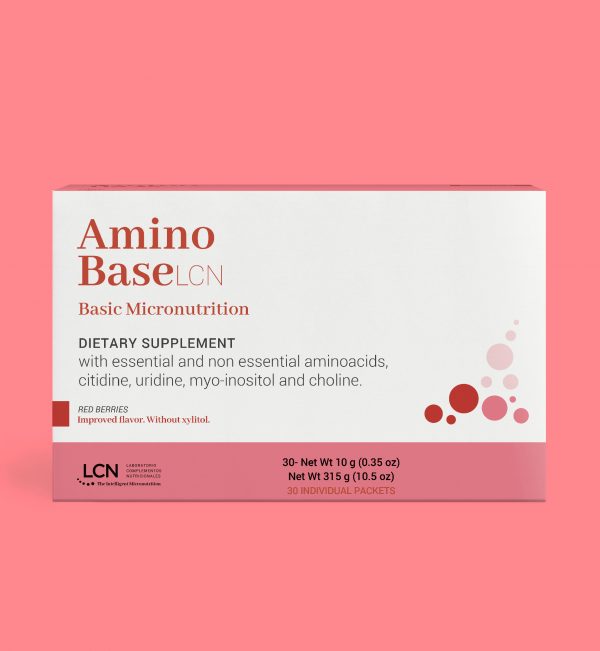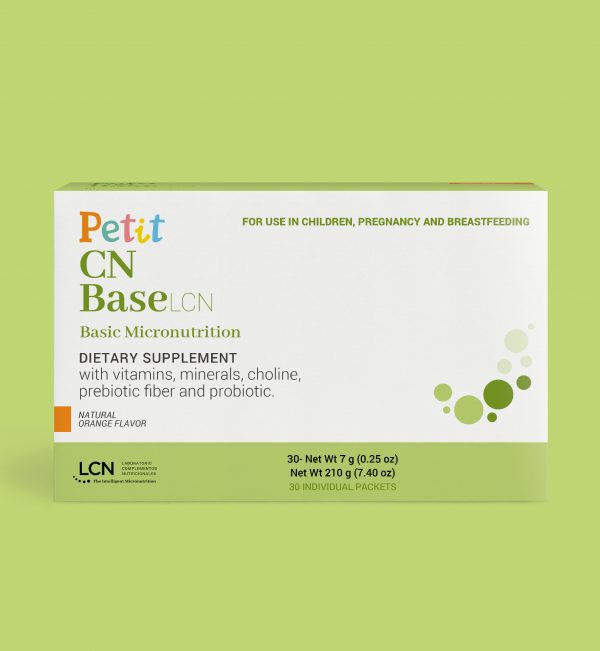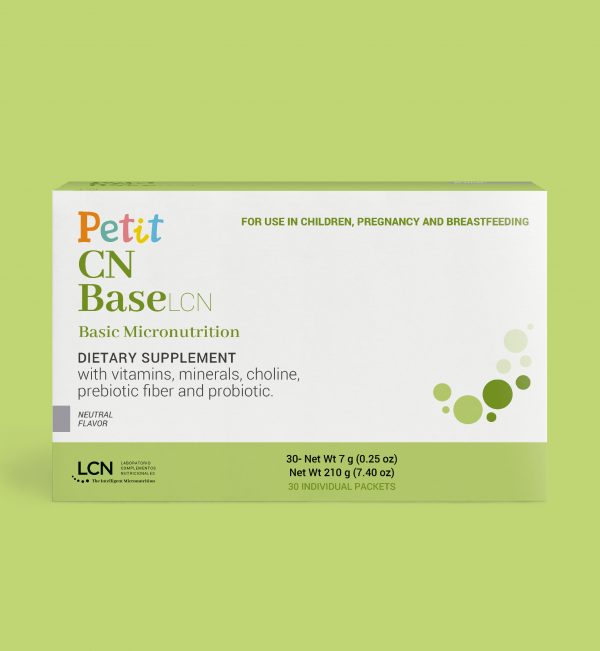Calcium
What is it?
Calcium is an essential mineral and a basic nutrient
Calcium contributes to the following:
- Normal blood coagulation.
- Normal energy metabolism.
- Normal muscle functioning.
- Normal functioning of neurotransmission.
- Normal functioning of the digestive enzymes.
- The process of cell division and differentiation.
- Maintaining bones and teeth in normal condition.
Calcium and magnesium are closely related and should be supplied in the adequate proportions and amounts.
- Calcium, magnesium, potassium, phosphorous, sodium, and vitamin D form a “team” of basic nutrients, with certain levels of each required for them to perform their functions properly in the body.
- Deficient calcium intake is common in the population.
Calcium supplementation
There are different ways of supplementing with calcium: inorganic salts (such as calcium oxide) or organic calcium salts (such as calcium amino acid chelates or citrate).
In supplements, it is preferable to use calcium citrate, as it is the more bioavailable salt and has fewer adverse effects, always in combination with magnesium and vitamin D3.
Calcium has an excellent safety profile, with no side effects, in the recommended forms and doses.
Foods with calcium
There are not many foods rich in calcium.
The calcium in dairy products has good bioavailability. The calcium in vegetables is also bioavailable, but they can contain oxalic acid or phytates which are inhibitors of calcium absorption, mainly spinach.
The calcium content of most foods can be found in the USDA National Nutrient Database (Anonymous 2010).
The best sources of calcium are dairy products, mainly because these products provide a wide range of essential nutrients in addition to calcium at a low cost (Heaney 2006).
People with an allergy or intolerance to cow milk. There are many sources of calcium for these people, such as nuts, legumes, quinoa, etc., and they can try goat and sheep cheeses, and even yogurt with active cultures, to see if they are able to tolerate them. Goat and sheep milk (with a higher calcium content than cow milk) should also be kept in mind.









